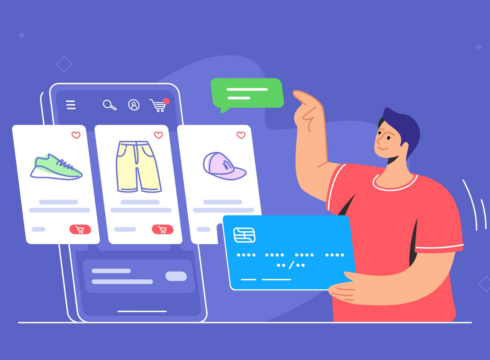Often D2C brands in India undervalue the importance of first-principle thinking and how relevant it can be for a brand’s growth
I will be breaking down the concept of first principle thinking to maintain a checklist of sorts for D2C founders to refer to as they review their growth story
Read on to find out how avoiding three common mistakes can help you reduce CAC and drive growth for your D2C brand in India
Inc42 Daily Brief
Stay Ahead With Daily News & Analysis on India’s Tech & Startup Economy
Over the last year, I have picked up some interesting insights after consulting over 100 D2C brands in India, only to realise that many of these brands are actually missing out on fundamentals.
Often brands undervalue the importance of first-principle thinking and how relevant it can be for a brand’s growth story. Over the course of this article, I will be breaking down the concept of first principle thinking to maintain a checklist of sorts for D2C founders to refer to.
A Lack Of Focus On Customer Retention
One mistake that I frequently see in many D2C brands is a lack of focus on customer retention. While I agree that with changing times, this approach has also started to change, but the majority of D2C brands in India are so focused on acquiring new customers that they neglect the importance of retaining their existing customer base. To improve customer retention, consider offering loyalty programmes or other perks to reward your customers for their continued business.
Case in point, Milkbasket, has consistently reduced CAC and grown market share, by focusing on customer retention. The company offers a subscription-based model, which encourages customers to make repeat purchases and helps reduce churn. Milkbasket has also invested in referral marketing and partnerships to drive new customer acquisition.
A Lack Of Focus On Customer Experience
Another common mistake is a lack of focus on customer experience. While I agree that many may argue on this, the reality is that only a handful of D2C companies in India are actually innovating fast to prioritise delivering a seamless and enjoyable experience for their customers.
This includes everything from the initial purchase process to post-purchase support and returns. For instance, Lenskart has reduced CAC by investing in customer experience.
They were perhaps the first company to offer a try-at-home service for spectacles, their numbers are a reflection of how effective this strategy has been for them, and has also helped to increase customer satisfaction and reduce churn.
Digital Marketing
In addition to customer retention and experience, digital marketing still remains key for D2C brands in India. Working on content marketing in the form of video, meme or influencer marketing is historically proven to increase awareness, traffic and online orders for brands. This also reduces their reliance on paid advertising, becoming a significant driver of reduced CACs.
D2C House’s Tool Of The Week: MoEngage
What is it? MoEngage is an insights-led customer engagement platform for consumer brands, that empowers marketers and product owners with AI-driven insights to create omnichannel experiences that consumers love.
Why is it so cool? MoEngage is one of the world’s most powerful tools that can help businesses to enhance the customer experience, provide insights into customer behaviour, and optimise marketing campaigns.
See you next Saturday!
Note: We at Inc42 take our ethics very seriously. More information about it can be found here.


